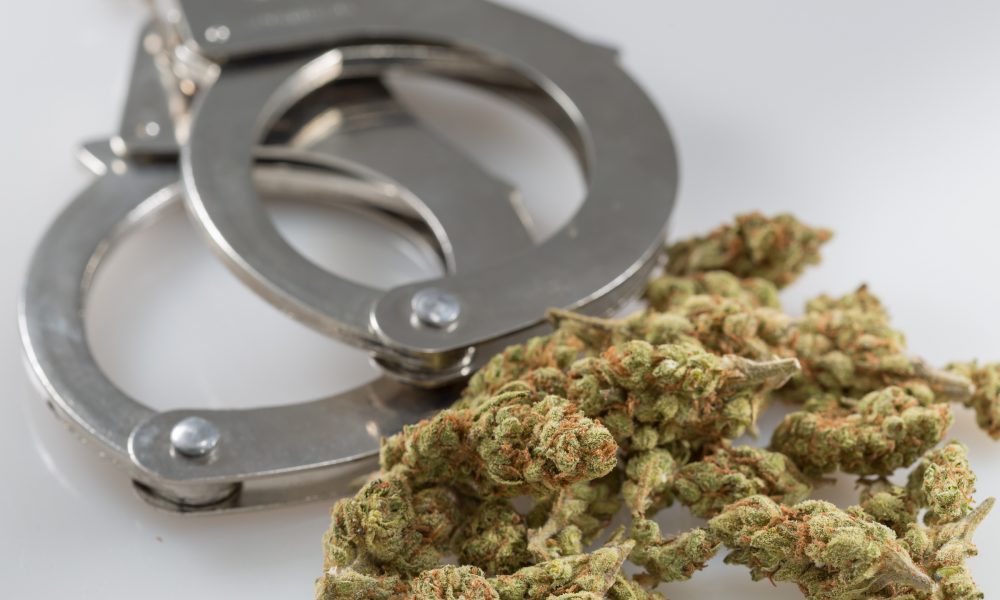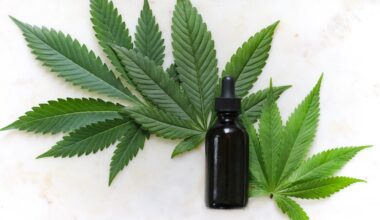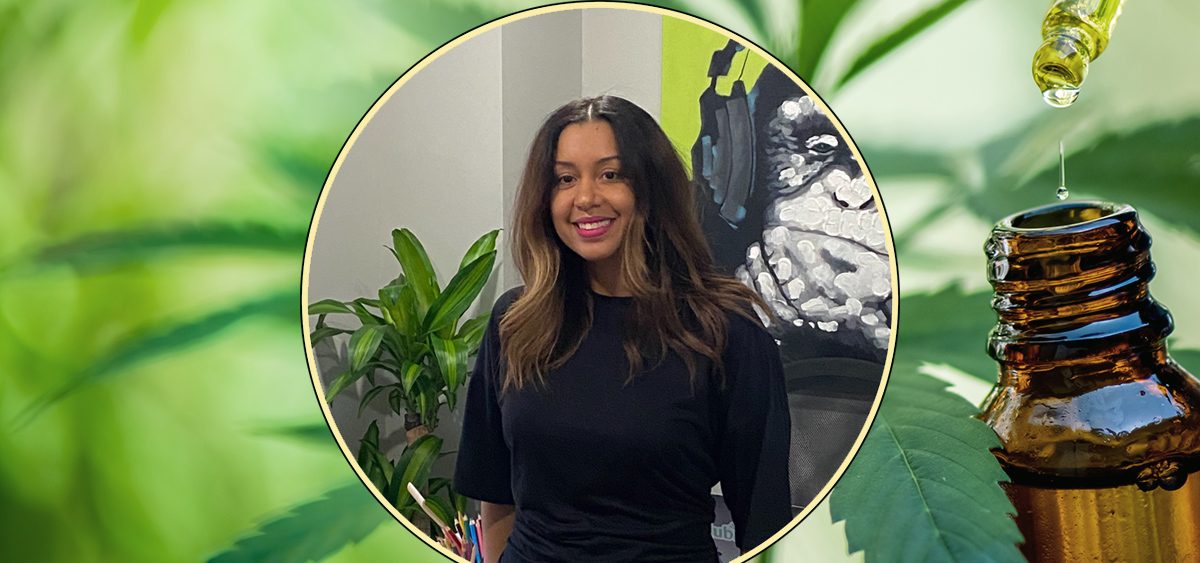The head of a top federal health agency says that the ongoing criminalization of people over drug use needs to end in order to effectively address substance misuse and the stigmatization of addiction.
Nora Volkow, director of the National Institute on Drug Abuse (NIDA), wrote in a blog post published last week that there’s an urgent need to reshape addiction treatment, specifically by putting more resources towards identifying “pre-addiction” to get people help before the disease.
But “rebranding” addiction on its own isn’t going to fix one of the core problems keeping people from seeking treatment. There’s still stigma and fear among people going through substance misuse disorders about being transparent with their struggles—and that’s largely due to the fact that personal drug use is widely criminalized.
“Rebranding mild to moderate substance use disorder as a common and addressable behavioral health pattern could normalize and thus destigmatize potentially unhealthy substance use that does not merit the specialized interventions required to treat addiction, while also raising awareness of the potential health risks of such a pattern,” Volkow wrote. “However, interventions should ensure that the pre-addiction label does not lead to stigmatization of the people to whom it is applied.”
“In particular, this will require legal protection when disclosing drug use to physicians,” the director wrote. “Unless drug use is decriminalized, fear of disclosure presents an obvious challenge to screening for and medically addressing non-disordered substance use in general medical settings.”
Too often, people are expected to “hit rock bottom” before help or treatment are offered. @NIDAnews Dir. Dr. Volkow dispels the myth, explores opportunities to take action in earlier stages of addiction. https://t.co/s4F92rum5o @NIAAAnews pic.twitter.com/IonDGxcG2B
— NIDAnews (@NIDAnews) July 6, 2022
Volkow has repeatedly talked about the negative impacts of drug criminalization on public health and the overdose epidemic, including in an interview with Marijuana Moment last year.
She said at the time that when it comes to people who use currently illicit drugs, there is “no justification to put them in jail or prison,” and the U.S. carceral system “jeopardizes their [health] outcome.”
The main thrust of the new blog post is to propose integrating the concept of “pre-addiction” into the medical community vernacular. But however a professional wants to define, diagnose or treat someone going through addiction, Volkow also again reiterates the necessity of putting public health first and tackling the problem like a medical condition, rather than a criminal legal problem.
“A concept of pre-addiction would also require—but in turn could facilitate—greater public and clinical advocacy about addiction and how it develops,” she wrote. “Greatly needed is improved training in medical schools for recognizing and addressing all levels of substance use disorder, including low-severity substance use disorder that is nevertheless a risk for becoming more severe.”
“Whether it comes with a ‘rebranding’ or sparks renewed thinking, it is important that we understand addiction not as a disease that appears overnight, but as a condition with a backstory: a history of escalating substance-taking, often exacerbated by environmental and personal historical circumstances and by genetic risk factors. A greater awareness of the potential negative trajectories from substance use disorder and opportunities to prevent them will empower those in the early stages of a substance use disorder to arrest its escalation.”
Volkow’s advocacy for decriminalization isn’t new. While she’s continued to express reservations about the state-level marijuana legalization movement, voicing concerns about commercialization and use among pregnant people and adolescents in particular, the official has repeatedly argued that locking people up over minor drug offenses is counterproductive.
The director has also conceded that her prior concerns about adolescent marijuana use increasing as more states move to legalize and regulate cannabis appear to have been unfounded, as numerous studies (including those funded by the federal government) have indicated that youth cannabis consumption has remained stable, or even decreased, in legal states.
Meanwhile, Volkow has also said that people are going to keep using psychedelics such as psilocybin—especially as the reform movement expands and there’s increased attention being drawn to the potential therapeutic benefits of such substances—and so researchers and regulators will need to keep up.
As the drug policy landscape has continued to evolve in the U.S., the NIDA head has made clear that there’s a need to remove federal research barriers to understand the potential impacts of various, currently controlled substances.
As a scientist herself, she said she’s personally reluctant to take up research initiatives involving Schedule I substances, even as there’s growing public interest in exploring these alternative therapies.
NIDA has recently renewed its push to promote federally funded research into marijuana as more states enact reform—specifically expressing interest in studies on differing cannabis regulatory models that are in place across the country.
Last year, the agency submitted a separate report to Congress emphasizing that the Schedule I status of controlled substances such marijuana is preventing or otherwise discouraging research into their potential risks and benefits.
Relatedly, in a recent letter to senators, Volkow and the head of the National Institute of Mental Health reiterated that federal prohibition makes it harder to study the benefits of psychedelics, requiring researchers to jump through additional regulatory hoops.
House Approves Marijuana And Psychedelics Amendments As Part Of Must-Pass Defense Bill
Medical Disclaimer:
The information provided in these blog posts is intended for general informational and educational purposes only. It is not a substitute for professional medical advice, diagnosis, or treatment. Always seek the advice of your physician or other qualified healthcare provider with any questions you may have regarding a medical condition. The use of any information provided in these blog posts is solely at your own risk. The authors and the website do not recommend or endorse any specific products, treatments, or procedures mentioned. Reliance on any information in these blog posts is solely at your own discretion.







